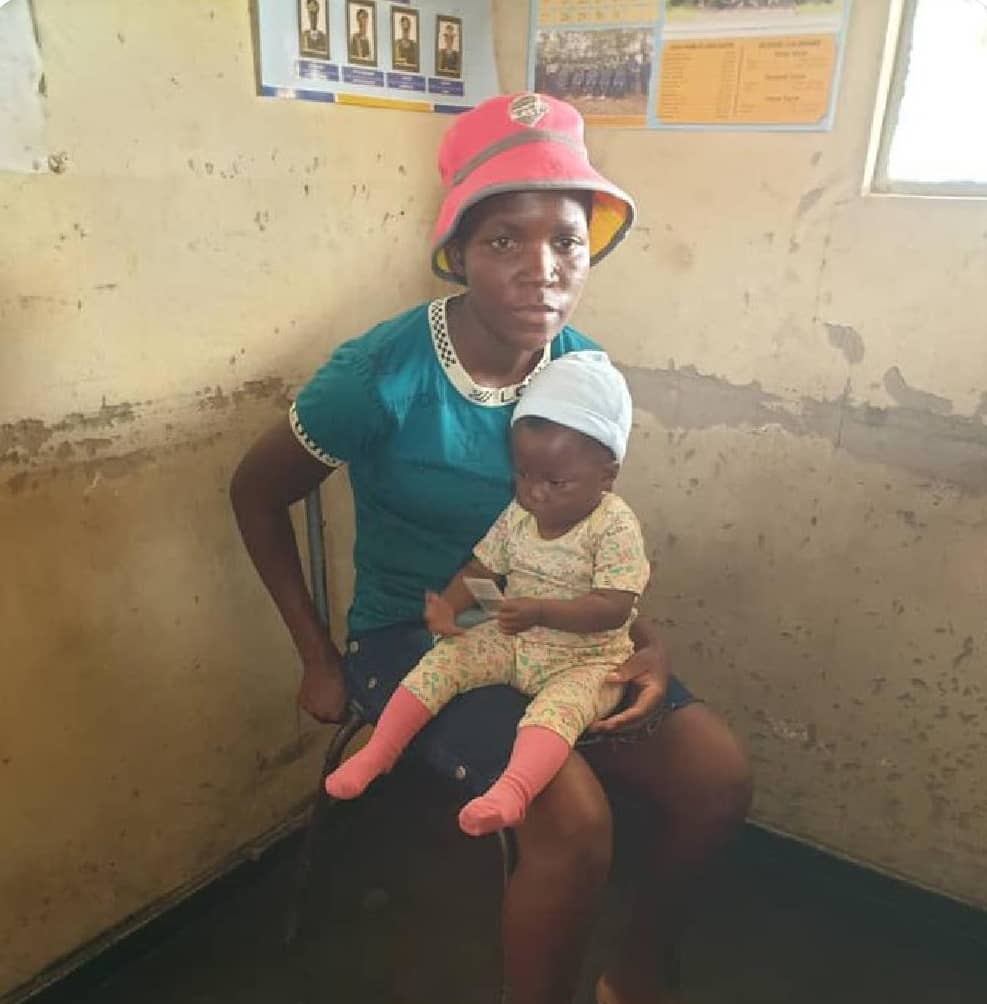Harare Correspondent
A disturbing video showing a woman from Zimunya in Mutare assaulting her 11-month-old daughter has gone viral, igniting widespread outrage and debate on social media.
The incident has highlighted not only the immediate concerns regarding child safety but also deeper issues related to mental health, poverty and parenting challenges.
The Father’s Perspective
Ronald Thondwana, the father of the child, shared insights into his complex relationship with the child’s mother, Shaw Mushati. He explained that while they are not married—Mushati declined his marriage proposals due to his existing marriage—they maintain a cordial relationship. Thondwana described their bond as loving, despite the challenges they face.
“We are not married because she did not want to be married. I asked for her hand in marriage on countless times, even before she fell pregnant, but she refused citing my other marriage. I have another wife. However, we are still in good books and in love. You can even see from our chats that we are in good books,” he said.
Thondwana revealed that Mushati sent him the video of the assault, which she later deleted. When he inquired about it, she initially laughed it off but eventually sent it again. He forwarded the video to family members, seeking help, which ultimately led to its circulation on social media.
Context of the Assault
Mushati justified her actions in messages to Thondwana, claiming she was trying to prevent her child from becoming “lazy” and expressed concern that the child might become disabled if not disciplined. This rationale has raised significant alarm among the public and mental health advocates.
Thondwana noted that their relationship had soured recently, particularly after he fell behind on child support payments due to financial difficulties.
“I usually pay US$68 monthly for the child’s upkeep, but failed to do so during the past two months as things were tight for me. I have other children to support. I communicated the obtaining situation to her. I never thought things would escalate to this level, but if this is what my child is going through, I would rather take care of her myself,” he said.
He expressed regret over the situation, stating that he would prefer to take care of the child himself if it meant ensuring her safety.
Public Reaction and Broader Implications
The public response to the incident has been mixed. While many condemned Mushati’s actions, others called for empathy, recognizing the impact of poverty and mental health issues on her behavior.
Killer Zivhu, president of the Zimbabwe Cross-Border Traders Association, emphasized the need for support rather than punishment, offering financial assistance for Mushati’s rehabilitation.
“Condemning the act, but considering the context. Poverty and frustration drove her to desperation. She needs counselling, not prison. The mother and child will suffer more if separated,” Zivhu wrote on X, formerly Twitter, pledging US$2 500 for Mushati’s rehabilitation.
Mushati has been remanded in custody, pending a mental health evaluation, after pleading guilty to charges of ill-treatment or neglect of children. The case has sparked discussions about her ability to care for other children, as she works as a domestic worker responsible for two kindergarten-aged children.
Conclusion
This case underscores the complexities surrounding child welfare, mental health, and socio-economic factors in Zimbabwe. As the legal proceedings continue, it remains crucial to address the underlying issues that contribute to such distressing incidents, ensuring that both the mother and child receive the necessary support and care.
Zim GBC News©2024


